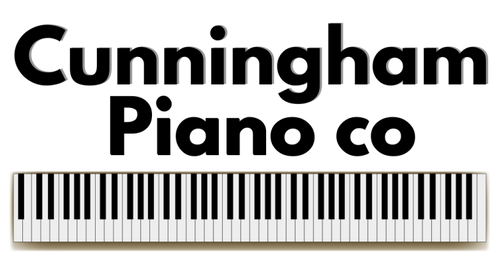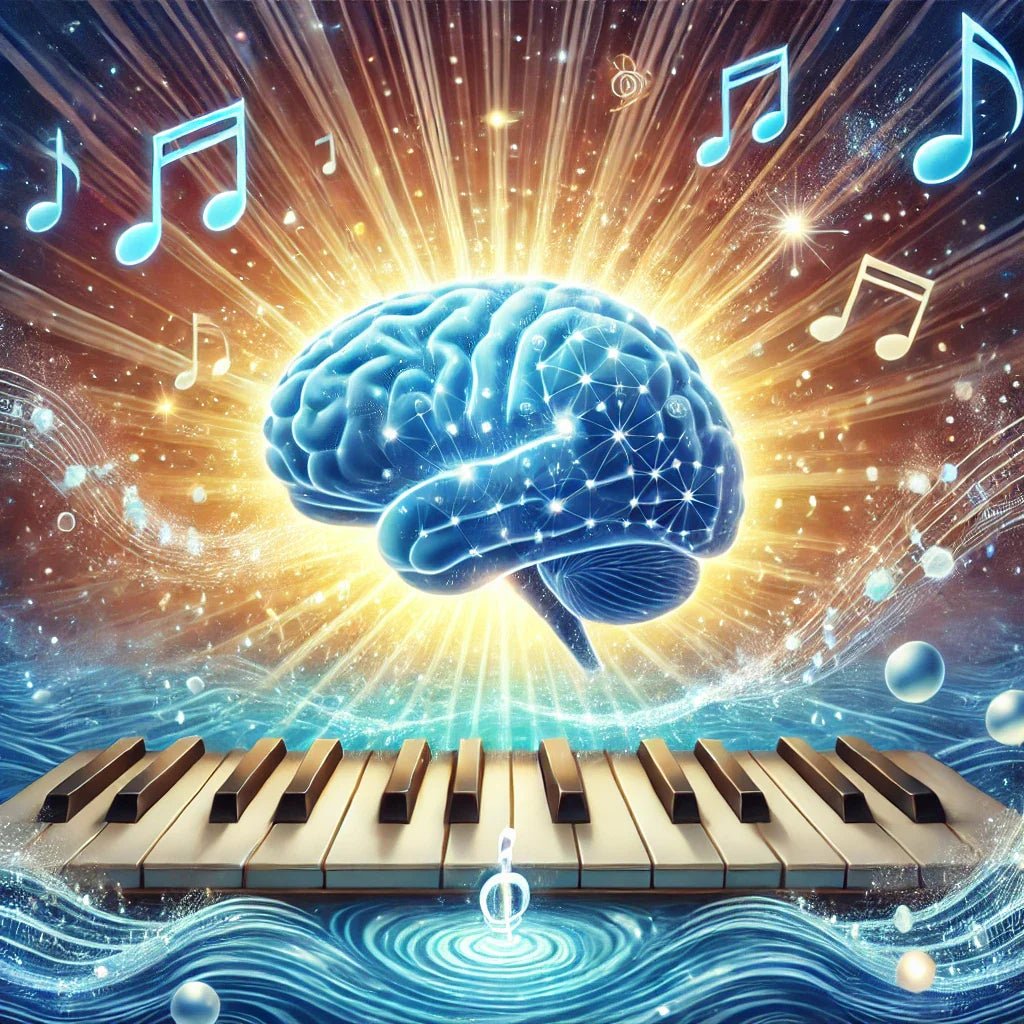Discover the brain-boosting benefits of learning the piano!
The piano is more than a musical instrument; it’s a key to unlocking significant cognitive and emotional benefits. Whether you're a child, a busy adult, or a senior looking to keep your mind sharp, the act of learning to play the piano can profoundly enhance your brain's capabilities. Here’s a look at the science-backed benefits of learning to play piano, supported by studies and academic research.
1. Improved Cognitive Functions and Memory
Playing the piano engages multiple areas of the brain, particularly those responsible for memory and problem-solving. A study published in The Journals of Gerontology demonstrated that piano training improved working memory, processing speed, and verbal fluency in older adults aged 60–80 ( AARP, 2023 ).
Why It Works : The act of reading sheet music, coordinating hand movements, and processing auditory feedback stimulates neural plasticity—the brain’s ability to form and reorganize synaptic connections.

2. Enhanced Emotional Well-Being
Learning to play the piano doesn’t just train your fingers; it also soothes your mind. A study conducted by the University of Bath found that beginners who practiced the piano for one hour a week over 11 weeks experienced a noticeable reduction in depression, stress, and anxiety levels ( Science Daily, 2022 ).
Why It Works : Playing music activates the brain’s reward system, releasing dopamine, the “feel-good” neurotransmitter, while simultaneously lowering cortisol, the stress hormone.
3. Strengthened Brain Connectivity
Piano playing enhances the brain's communication pathways. Studies have shown that it strengthens the corpus callosum—the bridge connecting the brain’s left and right hemispheres—leading to improved coordination, problem-solving, and creativity ( Pianu, 2023 ).
Why It Works : The need to use both hands independently fosters interhemispheric communication, which benefits tasks requiring logical reasoning and artistic creativity alike.

4. Multisensory Integration and Motor Skills
Playing the piano engages the motor, visual, and auditory cortices of the brain, leading to enhanced multisensory processing. This improves hand-eye coordination, fine motor skills, and spatial awareness, making it a valuable activity at any age ( Musiprof, 2023 ).
Why It Works : Simultaneously processing sight, sound, and touch requires the brain to integrate information efficiently, training it to perform complex tasks better over time.
5. Lifelong Learning and Neuroplasticity
Learning to play the piano at any age stimulates neuroplasticity, a key factor in maintaining brain health. Research has shown that engaging in new skills, such as piano playing, helps delay cognitive decline in older adults ( Journal of Neuroscience, 2014 ).
Why It Works : The novelty of learning a new instrument pushes the brain to adapt, grow, and build new connections, keeping it flexible and resilient.
6. Boosted Academic and Professional Performance
In children, piano lessons are correlated with improved academic performance, particularly in mathematics and reading comprehension. For adults, it enhances focus and time management skills, both of which are transferable to professional settings ( National Association for Music Education, 2020 ).
Why It Works : Learning piano sharpens executive functions like planning, attention, and working memory—skills that play a crucial role in problem-solving and productivity.

It’s Never Too Late—or Too Early—to Start
Whether you’re six or sixty, the benefits of learning to play the piano extend far beyond music. From enhancing cognitive functions and emotional well-being to improving brain connectivity and motor skills, piano playing is an investment in lifelong brain health.
So, why not start today? With every key you press, you’re not just creating music; you’re unlocking the potential of your mind.
References:
- University of Bath study on piano and mental health: Science Daily, 2022
- Cognitive benefits in older adults: AARP, 2023
- Brain connectivity improvements: Pianu, 2023
- Multisensory integration: Musiprof, 2023

